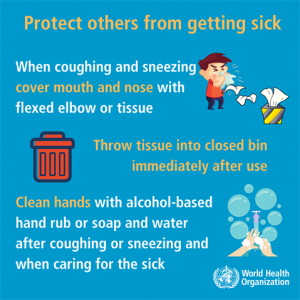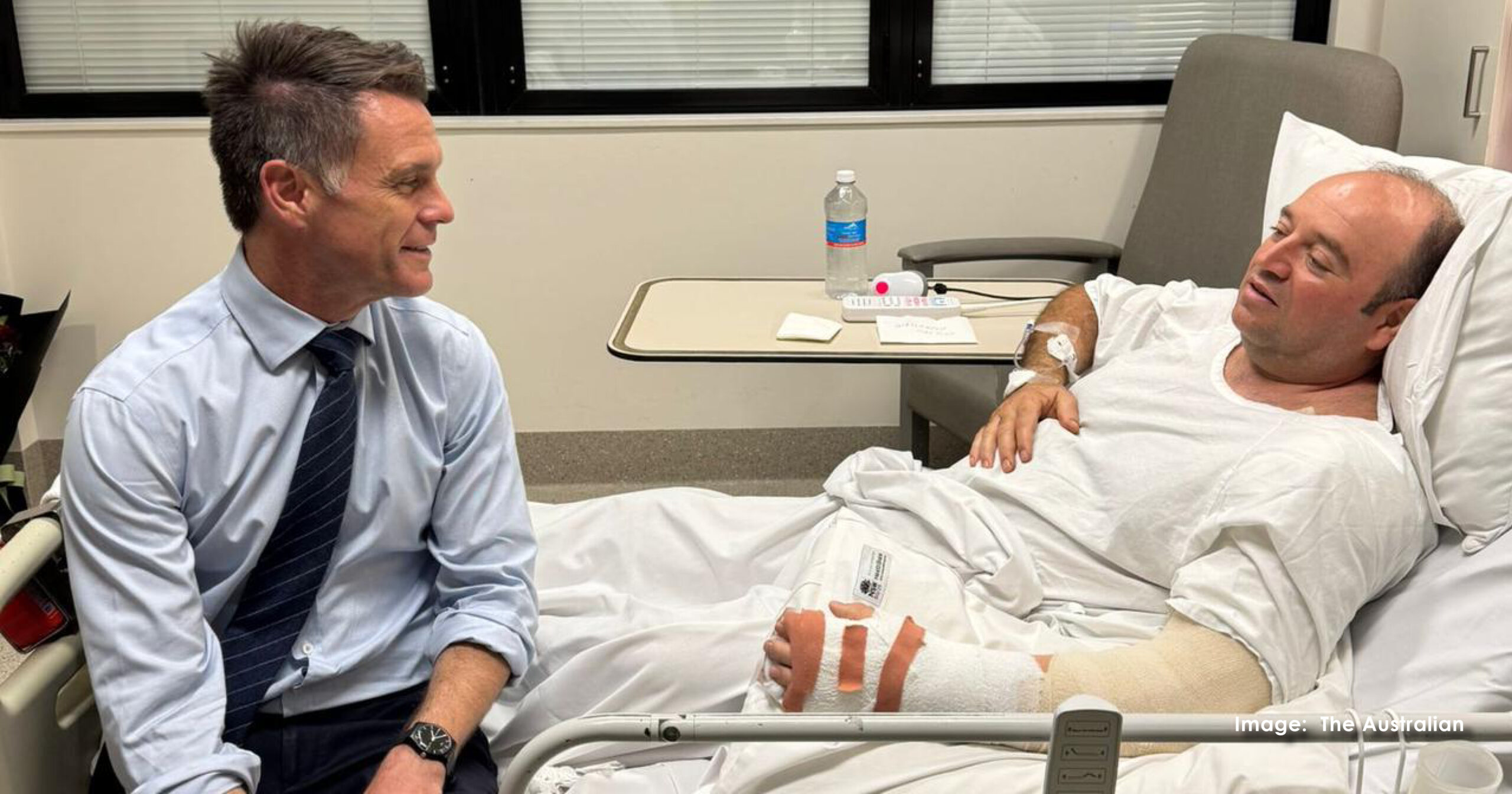Some very timely, practical and measured advice from a Professor of Microbiology at the University of Massachusetts, outlining the behaviors that will help increase your safety and reduce the spread of viruses.
Even if the coronavirus scare isn’t a significant threat for you, it is a great chance to consider how you should train yourself for the next one.
He says, “Anything I say now may seem like I’m being an alarmist, but waiting may lead to inadequate preparation if things deteriorate further. It’s time to prepare, its not time to panic.
Many of you know, that I work with zoonotic pathogens. Pathogens that jump from animals to humans and cause disease. While the coronavirus may not be in my direct work wheelhouse, I feel comfortable sharing with you some advice on the area of preparedness. I am preparing, I have concerns, but I am really hoping containment works!”
Please take this seriously and pass on to family and friends…
 1. Many countries like UK, US, and Australia are currently in containment phase. But likely at some point infection will start spreading via local transmission. At that point, top priority is to slow the spread, and what we do as individuals and communities will be critical.
1. Many countries like UK, US, and Australia are currently in containment phase. But likely at some point infection will start spreading via local transmission. At that point, top priority is to slow the spread, and what we do as individuals and communities will be critical.
2. Fortunately risk of serious illness is low, especially for children. But risk is higher for elderly and people with existing health conditions. Everything we can do to slow the spread will help protect people at higher risk, and less people overall will get infected.
3. There are practical things everyone can do to reduce the risk of getting infected. These need practice, so start doing them now. You may still get infected, but it is worth really trying to avoid infection, because the more we slow spread the better. Slow the spread, buy time.
4. Stop touching your face. Especially stop touching your eyes, nose or mouth. This is much much harder than it sounds, and takes practice. But if you start practising now, you will quickly get a lot better at it.
5. Wash your hands often. Wash with soap and water for 20 seconds, or rub hands with alcohol hand gel. Especially wash hands before eating or touching food.
6. If you or a friend or family member takes any prescription medication, make sure you have a good supply, e.g., at least 4 weeks worth.
7. Don’t panic buy enough food to survive a zombie apocalypse. But do buy a few extra provisions. Do it a bit at a time, add a few extra things in when you normally go shopping. Have 2 weeks worth of provisions, including some chocolate or other treats. Don’t forget about pets.
7a. Start thinking about how you will provide care for your children if their schools close. What if your work closes?
8. When local transmission does start, keep your distance from people, at least 2 metres. Especially people showing symptoms, but some people may carry the virus and transmit without symptoms, so generally keep some distance where you can. Stop shaking hands etc.
9. While a mask seems like a good idea, it can give a false sense of security. There isn’t a lot of good evidence that shows a mask to reliably prevent infection when worn by the public. But they are useful to put on a sick person to reduce their spreading of the virus.
10. If you or a loved one becomes sick, follow the practices of the day. Call ahead before going to a Doctor, ER / ED, walk-in clinic, or hospital and get advice on what to do. Think through now how to take care of sick family members while trying not to get infected.
11. Talk things through with friends and family. Be prepared that some people will be very willing to talk about it, others may be reluctant or frightened. But general advice is that it’s a good way to prepare emotionally for life not as usual.
12. Unfortunately it doesn’t look like this will be over quickly. The new coronavirus may be with us into next year. It might even become a seasonal infection, returning each winter. This is probably going to be a marathon, not a sprint.
13. If you end up stuck at home for a couple of weeks, don’t forget about skype/facetime/google hangouts/etc., a great way to catch up, check in and hang out with friends and family.



